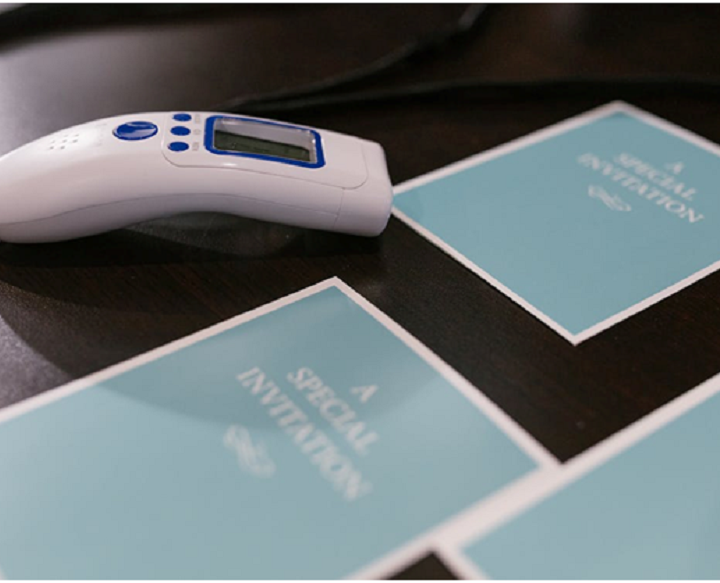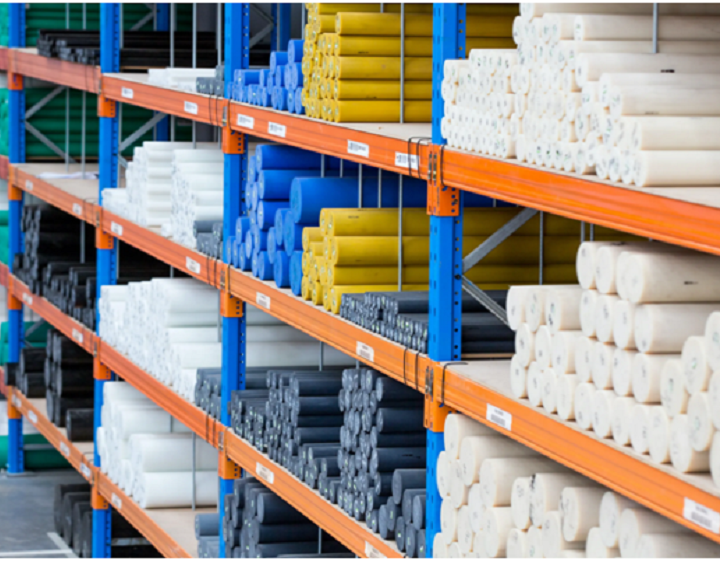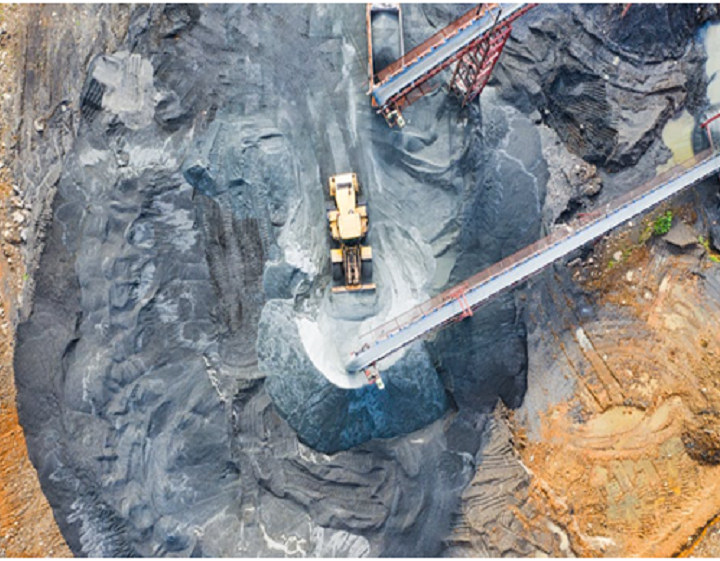Water is essential for life, and ensuring that the water we consume is safe and free from harmful contaminants is of utmost importance.
There are various ways to purify water, but two of the most popular methods are using a water purifier and boiling water.
While both methods have their advantages and disadvantages, this article aims to explore whether a water purifier is better than boiling water.
Water Purifiers
Water purifiers Some of the common technologies used in water purifiers include reverse osmosis, ultraviolet radiation, and activated carbon filtration.
Reverse osmosis is a process that uses a semipermeable membrane to remove impurities and contaminants from water.
Ultraviolet radiation uses UV rays to kill bacteria and viruses present in water, while activated carbon filtration uses a porous material to remove impurities.
Advantages of Water Purifiers
Removes Contaminants
One of the most significant advantages of water purifiers is that they remove contaminants from the water.
Water purifiers can filter out various pollutants, such as chlorine, lead, pesticides, and other chemicals that can be harmful to health.
Water purifiers use a combination of physical, chemical, and biological processes to eliminate these impurities, resulting in clean, safe, and healthy water.
Improves Taste and Odor
Water purifiers not only remove harmful contaminants but also improve the taste and odor of the water.
Many people complain about the taste of tap water, which can be due to the chlorine or other chemicals used to disinfect it.
Water purifiers can eliminate these chemicals, resulting in better-tasting water that is more enjoyable to drink.
Saves Money
Using a water purifier can save money in the long run compared to buying bottled water. Bottled water is expensive and can be harmful to the environment.
By using a water purifier, you can have access to clean drinking water without the need for bottled water.
This can save you money over time, and you will also be doing your part for the environment by reducing plastic waste.
Convenient and Easy to Use
Water purifiers are convenient and easy to use. Once installed, they require minimal maintenance, and the water is ready to drink straight from the tap.
Water purifiers can be installed under the sink, on the countertop, or even on the go. Some portable water purifiers are designed for outdoor activities such as camping or hiking, making it easy to access clean water wherever you go.
Health Benefits
Drinking clean, safe water has many health benefits. Water is essential for the body to function correctly, and contaminated water can cause various health problems.
Water purifiers remove harmful pollutants, bacteria, and viruses that can cause illness, making the water safe to drink.
Drinking clean water can improve digestion, boost the immune system, and help maintain healthy skin and hair.
Reduces the Risk of Disease
Waterborne diseases such as cholera, typhoid, and dysentery can be transmitted through contaminated water.
By using a water purifier, the risk of contracting these diseases is greatly reduced. Water purifiers remove bacteria, viruses, and other microorganisms that can cause illness, providing clean and safe water for consumption.
Environmentally friendly
The use of water purifiers is environmentally friendly as it reduces the use of plastic bottles.
Plastic bottles are one of the leading causes of environmental pollution, and by using a water purifier; you can reduce your carbon footprint and contribute to a healthier planet.
Better tasting water
Water purifiers remove unpleasant tastes and odors from water, leaving it with a refreshing and pure taste.
This can encourage you to drink more water and stay hydrated, which is essential for good health.
Low maintenance
Water purifiers are easy to maintain and require minimal maintenance. Most water purifiers come with user manuals that provide instructions on how to clean and maintain the purifier.
The filters need to be changed periodically, but this is a straightforward process that can be done at home.
Convenience
With a water purifier, you have access to clean drinking water 24/7, and you don’t have to worry about running out of bottled water.
This is especially convenient for families with children who consume a lot of water or for people who lead an active lifestyle.
Disadvantages of Water Purifiers
High Cost
One of the major disadvantages of water purifiers is their high cost. Water purifiers can be expensive, especially for people who are on a tight budget.
They require periodic maintenance, filter replacements, and additional costs like electricity bills.
The cost of a water purifier can vary based on the type and features, making it difficult for many households to afford.
Environmental Impact
Water purifiers contribute to environmental degradation. Water purifiers consume a lot of energy to operate, and the disposal of used filters and cartridges can cause pollution.
Many of these filters and cartridges are non-biodegradable, which means they will remain in landfills for many years, releasing toxins into the environment.
Maintenance
Water purifiers require regular maintenance to function correctly. Neglecting maintenance can cause the system to malfunction, which can result in the contamination of water.
The maintenance of water purifiers requires additional time and effort from the user, which can be a hassle for people who are busy.
Water Wastage
Water purifiers can result in the wastage of water. Reverse osmosis water purifiers are known to waste a considerable amount of water in the purification process.
According to studies, reverse osmosis systems waste around three gallons of water for every gallon of water purified. This wastage can have a significant impact on water conservation efforts.
Health Risks
While water purifiers are intended to provide clean and pure water, they can also pose health risks.
Some water purifiers use chemicals like chlorine and other disinfectants to purify water. These chemicals can have adverse effects on health and can even be carcinogenic.
Limited Capacity
Another disadvantage of water purifiers is their limited capacity. Depending on the type of water purifier, it may only be able to purify a limited amount of water at a time.
This can be inconvenient for households that require a large amount of purified water, such as those with many family members or businesses.
Boiling Water
Boiling water is a traditional and effective method of purifying water. Boiling water kills most of the harmful bacteria, viruses, and parasites that may be present in the water. It is also effective in removing some of the heavy metals and chemical pollutants that may be present in the water.
Boiling water is a simple process that involves heating water to its boiling point, which is 100 degrees Celsius or 212 degrees Fahrenheit.
Once the water has reached boiling point, it should be boiled for at least one minute to ensure that all the harmful microorganisms are killed. After boiling, the water should be allowed to cool down before it is consumed.
Advantages of Boiling Water
1. It Kills Germs and Bacteria
One of the main advantages of boiling water is that it kills germs and bacteria that might be present in the water.
This is particularly important in areas where the water source is not clean or has been contaminated.
Boiling water for at least one minute can kill most germs and bacteria, making it safe for consumption.
2. Improves Taste
Boiling water can improve the taste of water, particularly if it is hard water. Hard water contains minerals such as calcium and magnesium that can give it an unpleasant taste.
Boiling water removes these minerals, making it taste better. It also removes other impurities such as chlorine, which can give water an unpleasant taste.
3. Removes Chemicals
Boiling water can also remove chemicals that might be present in the water. This is particularly important for those who live in areas with industrial pollution or agricultural runoffs. Boiling water removes most chemicals, making it safe for consumption.
4. Prevents Waterborne Diseases
Boiling water can prevent waterborne diseases such as cholera, typhoid, and dysentery.
These diseases are caused by bacteria and germs that are commonly found in contaminated water sources. Boiling water kills these germs and bacteria, making it safe for consumption.
5. Economical
Boiling water is an economical way to purify water. It does not require any special equipment or chemicals, making it an affordable option.
Boiling water is also a quick process, and it can be done anywhere, making it convenient.
6. Improves Digestion
Boiling water can also improve digestion. It does this by breaking down food particles in the stomach and making them easier to digest.
Boiling water also helps to soothe the digestive system, making it ideal for those with digestive problems.
7. Relieves Congestion
Boiling water can relieve congestion in the sinuses and throat. It does this by producing steam that can help to clear the nasal passages and reduce inflammation. Boiling water can also help to relieve symptoms of colds and flu.
8. Improves Skin Health
Boiling water can improve skin health by opening up pores and allowing the skin to breathe. This can help to remove toxins from the body, making the skin look healthier and more radiant. Boiling water can also help to reduce acne and other skin problems.
9. Improves taste and odor
Boiling water can improve the taste and odor of water by removing impurities that may affect its taste and smell.
Water that has a bad taste or odor can be unappetizing and may discourage people from drinking enough water.
Boiling water can help to improve the taste and odor of water and make it more palatable.
10. Portable
Boiling water is a portable method of water purification. It can be done anywhere, as long as there is a source of heat, such as a stove or fire.
This makes it an excellent option for camping, hiking, or traveling to areas where clean water may not be readily available.
11. Easy to do
Boiling water is a straightforward process that can be done by anyone. All that is required is a pot, heat source, and water.
Boiling water for at least one minute is sufficient to kill harmful bacteria and viruses and make the water safe for consumption.
This makes it an ideal method for people who may not have access to other methods of water purification.
Disadvantages of Boiling Water
Energy consumption
Boiling water requires a significant amount of energy, which can be a disadvantage for those who are trying to reduce their energy consumption.
The energy required to boil water can add up quickly, especially if boiling water is done frequently. This can result in higher energy bills and an increased carbon footprint.
Loss of minerals
When water is boiled, it can cause the loss of essential minerals such as calcium, magnesium, and potassium.
These minerals are important for the body’s overall health, and their loss can lead to mineral deficiencies.
While boiling water may be necessary to make it safe to drink, it is important to remember that it can also cause the loss of important nutrients.
Risk of burns
Boiling water can also pose a risk of burns, especially for children and the elderly. Accidental spills or mishandling of boiling water can cause severe burns, which can be painful and require medical attention.
It is important to handle boiling water with care and ensure that it is kept out of reach of children.
Formation of chemical compounds
When water is boiled for an extended period, it can cause the formation of chemical compounds such as nitrosamines, which are carcinogenic.
This can be a concern for those who boil water frequently, as prolonged exposure to these compounds can increase the risk of cancer.
Potential contamination
While boiling water can effectively kill bacteria and other microorganisms, it may not remove other contaminants such as heavy metals and chemicals.
If the water source is contaminated with these substances, boiling it may not make it safe to drink.
Time-consuming
Boiling water can be a time-consuming process, especially if a large amount of water needs to be boiled.
This can be a disadvantage for those who are in a hurry or who have limited time to prepare their food and drinks.
Boiling does not remove all impurities
Boiling water is effective in removing many impurities, but it does not remove all impurities.
For example, boiling water will not remove pesticides, herbicides, or other chemicals that may be present in the water.
Is water purifier better than boiling water?
Both water purifiers and boiling water are effective ways to make sure that drinking water is safe and free from harmful contaminants. The choice between the two methods depends on your specific situation and needs.
Water purifiers use various technologies like activated carbon, reverse osmosis, and ultraviolet light to remove contaminants from the water.
They are typically effective in removing impurities like chemicals, heavy metals, bacteria, and viruses from water. However, they can be expensive to purchase and maintain.
Boiling water is a simple and cost-effective way to make water safe to drink. Boiling water for at least one minute can kill most types of bacteria and viruses, making the water safe to consume. However, boiling water does not remove contaminants like chemicals or heavy metals.
Overall, both methods are effective in making water safe to drink, but the choice between the two depends on your specific situation.
If you have access to a reliable source of drinking water that is already free from contaminants, boiling water may be enough.
On the other hand, if you are uncertain about the quality of your water source, a water purifier may be a better choice.






